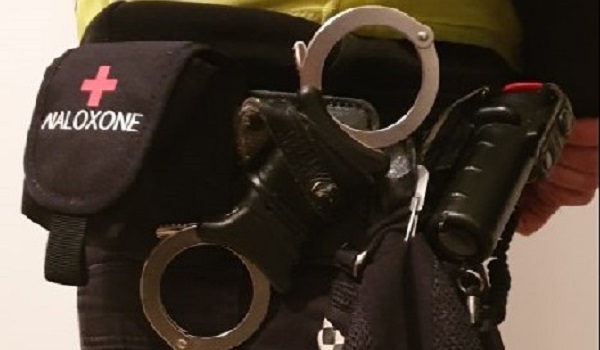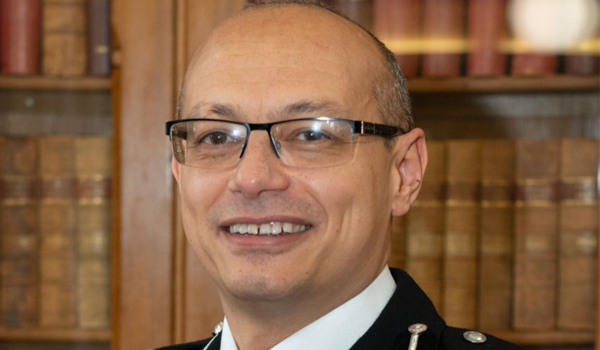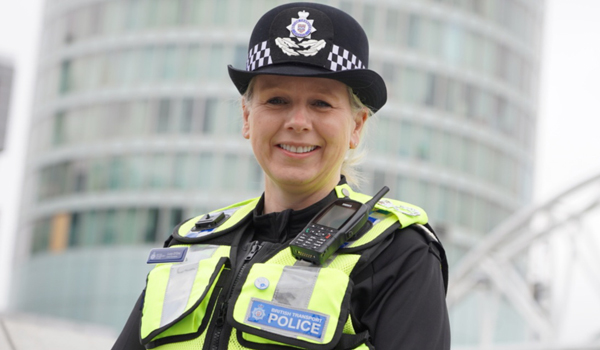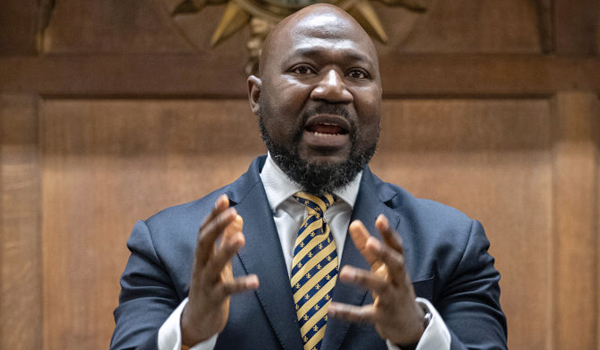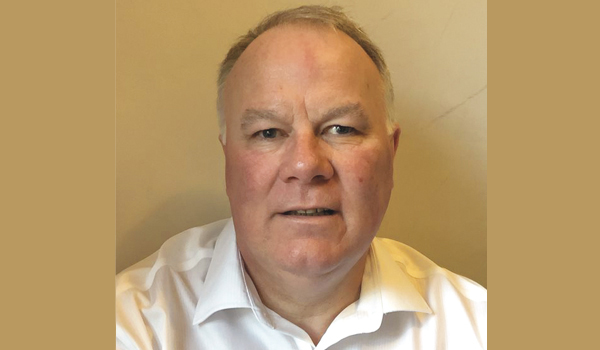A clear need?
Gareth Bryon asks: Will all British police officers be allowed to carry Naloxone?
Amidst the growing toll of deaths from drug overdoses in the UK, police in Scotland have announced they are to become the first force to routinely equip all operational officers with the nasal spray, Naloxone.
In a study of its use and effects, Naloxone was carried by more than 600 Scottish officers during March and October last year. The study was overseen by Edinburgh University’s Scottish Institute for Police Research, and supported by the chief constable of Police Scotland, Iain Livingstone.
The spray, which was administered on 62 occasions where police officers as first responders attended emergency calls, greatly assisted ambulance personnel in saving lives.
In England and Wales, numerous police forces have trialled the use of Naloxone. These include West Midlands, North Wales and South Wales. As a result, Jason Harwin, the lead official responsible for drug issues in the National Police Chiefs’ Council, last year determined that Naloxone should be made available to all police officers in areas where there is a clear need.
But some had concerns.
The Police Federation of England and Wales was worried that if an overdosing person was administered the spray and subsequently died, the police officer would be investigated for an incident of “death following police contact”.
Acknowledging the concerns, Mr Livingstone nevertheless responded that the “preservation of life, keeping people safe, lies right at the heart of policing”.
He went on to say: “We have a purpose and remit which goes beyond law enforcement. We have a positive legal duty to improve the lives of our communities. Equipping and training officers with Naloxone will contribute to that mission.
“Policing is so often the service of first and last resort; the service first on the scene; the service which responds to crisis and criticality. Where a person is suffering an overdose, Naloxone nasal-spray can be given safely by officers with no adverse effects.”
Price prohibitive?
Since 2015, Naloxone has been widely available without prescription in the UK. It was an effort to encourage drug users to have a supply ready for use should it be required.
This has not been successful, as addicts are often stigmatised and misunderstood. According to the British Medical Journal, the take-up of the drug by opioid users is as low as 16 per cent.
Guidance by the UK Government published in 2019 on widening distribution of the drug, includes the obtaining of it for use in police custody suites and by police and crime commissioners involved in drug treatment programmes.
In the US, while there is awareness by police departments of the positive effects of using Naloxone, the high cost of the drug prevents many from using it. The North Carolina Harm Reduction Coalition, which tracks police Naloxone programmes across the country, cites nearly 2,500 of those programmes among the nation’s approximately 18,000 police agencies.
“More and more departments are carrying every month,” says Robert Childs, the coalition’s former executive director, “but it hasn’t reached a saturation point.”
The UK has nowhere near the levels of opioid abuse as in the US, but as opioid prescriptions almost doubled in the years from 2016, then the British National Institute for Health and Care Excellence (NICE) and the National Health Service have all given warnings about a UK “opioid epidemic” and the dangers of over prescribing them.
The latest figures from the Office for National Statistics, published in August, show that approximately half of all drug poisoning deaths registered in 2020 involved an opiate (49.6 per cent; 2,263 deaths); 777 deaths involved cocaine, which is 9.7 per cent more than 2019 and more than five times the amount recorded a decade ago (144 deaths in 2010).
The UK has the highest drug deaths statistics out of all European nations.
NICE has indicated that the cost of a two-dose Naloxone nasal spray is £26, and this could potentially be price prohibitive for police forces within existing budgetary constraints.
It is unclear from the Government’s announcement of an extra £148 million to cut drugs crime, in January 2021, if there will be funds available to police forces for purchasing Naloxone for use operationally.
If all UK police forces are to follow Scotland’s example and roll out the nasal spray to frontline officers, then perhaps the Government needs to be clearer on how it will fund such a programme in the future.
This column originally appeared in The Crime Report (www.thecrimereport.org)
Gareth Bryon is a former detective chief superintendent who served at South Wales Police and British Transport Police, where he led major crime investigation and forensic science services for more than 30 years.

